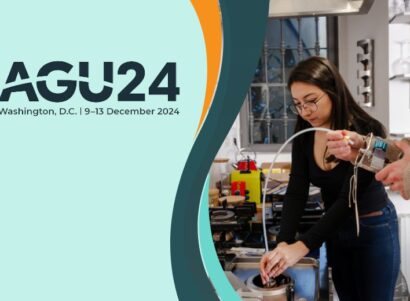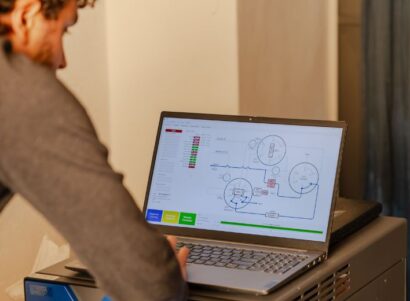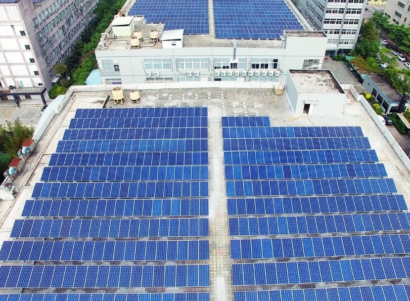National Academies to Hold December 9-10 Workshop on Healthcare and Public Health Critical Infrastructure
Healthcare and public health infrastructure, technology, and operations are rapidly changing and are increasingly interdependent and interconnected. Threats to the nation’s critical social and physical infrastructure systems are also rapidly evolving and highly complex—posing potentially new or growing risks of disruption and challenging the assumptions used to design and protect these systems. In response, the National Academies Forum on Medical and Public Health Preparedness for Disasters and Emergencies hosted a hybrid public workshop to explore strategies, policies, and innovative actions to improve the resilience of healthcare and public health (HPH) critical infrastructure to impacts from disasters and other emergencies. Workshop discussions focused on key HPH critical infrastructure dependencies including the built environment, water and wastewater, energy, IT and communications, transportation, supply chain, and workforce.
PSE Healthy Energy Senior Scientist Dr. Murphy joined as a panelist on the Energy panel on Monday, December 9th during SESSION 3: Examining High-Priority Vulnerabilities and Strategies for Resilience: Built Environment, Water and Wastewater, Energy. This session examined HPH critical infrastructure including the built environment, water and wastewater, and energy. Panelists summarized challenges, risks, and vulnerabilities; discuss practical, high-priority actions to enhance resilience, including strategies, models, regulatory mechanisms, policies, systems, partnerships, and incentives that could be leveraged; and reviewed the state of emergent and critical opportunities.


 Recording
Recording










